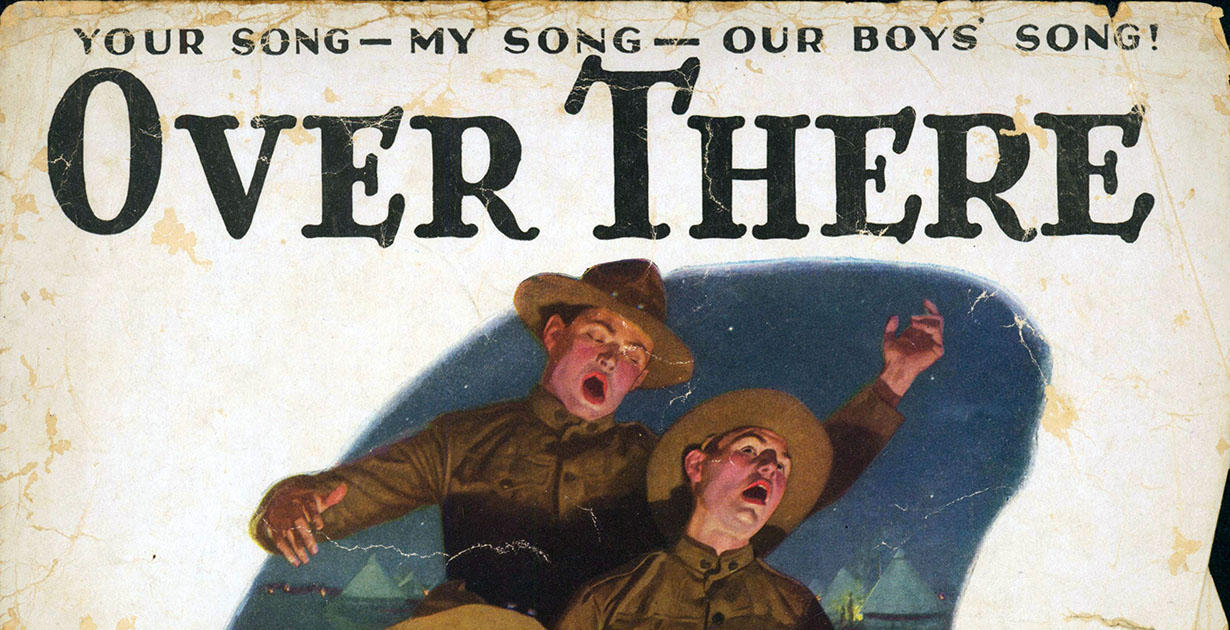Seeing a German soldier killing an infant in 1942 was a transformative moment for Irene Gut, a young Polish nurse. She dedicated the rest of her wartime life to rescuing and hiding Jews, despite the some of the most harrowing circumstances imaginable. Listen to Professor Nash explain the life of a woman who truly deserves…
A while ago, in the late 20th century, I was a junior year abroad student in Europe, doing my best to find some direction in life. It was an especially high and noisy time for American patriotism. And I remember distinctly one night in the college bar being asked by a fellow student, what, if…
After the Treaty of Paris ended the Seven Years’ War in 1763, British America stretched from Hudson Bay to the Florida Keys, from the Atlantic coast to the Mississippi River, and across new islands in the West Indies. To better rule these vast dominions, Britain set out to map its new territories with unprecedented rigor…
Professor Sarah Milov explains the political and medical environments in which the 1964 US Surgeon General’s Report on dangers of smoking appeared in 1964. In addition to the medical and scientific concerns in producing the report, there were significant non-medical concerns and obstacles to overcome. One of the most significant of these was the political…
Dorothy Parker “If you don’t have anything nice to say, come and sit here by me.” Quote or No Quote?
“If you don’t have anything nice to say, come and sit here by me,” is one of the best snarky-isms ever uttered. But who said it? Dorothy Parker? Joan Crawford? Lady Buzzkill? Hear the full story and learn what in the world Teddy Roosevelt, Nellie Taft, and Thomas Dewey have to do with it all?…
Professor Brian Balogh from the University of Virginia enlightens us about how historians have studied the US Presidency since the 1950s. It’s certainly had its ups and downs, and many historians abandoned the study of the presidency during the 1970s. Rather than just track the fall and rise of presidential history, Professor Balogh explains that…
Professor Andrew Huebner joins us to discuss his fascinating new examination of the what World War I meant for Americans. Was it to “make the world safe for democracy” or was it for home and family. Find out! —-Andrew J. Huebner, Love and Death in the Great War (2018). Americans today harbor no strong or…
William Henry Johnson eventually became one of the most decorated soldiers in World War I. His medals and military decorations came only eventually, however. He acted bravely and heroically in the Argonne Forest in May, 1918, killing multiple German soldiers and saving an American comrade, all the while being heavily wounded himself. The French military…
Did World War I end with a bang or a whimper? Prof Phil Nash joins us to discuss the complicated road to the armistice of November 11, 1918. A dozen countries were involved, the Russian Revolution intervened, and the US military provided fresh troops for the Triple Entente of Britain, France, and Russia. And the…
Usually, on these Quote or No Quote episodes, we analyze things attributed to famous people that they didn’t say at all. Sometimes there are famous quotes that have been mangled, changed, or so greatly taken out of historical context that they might as well be considered misquotes. And occasionally, we talk about quotes that are…










